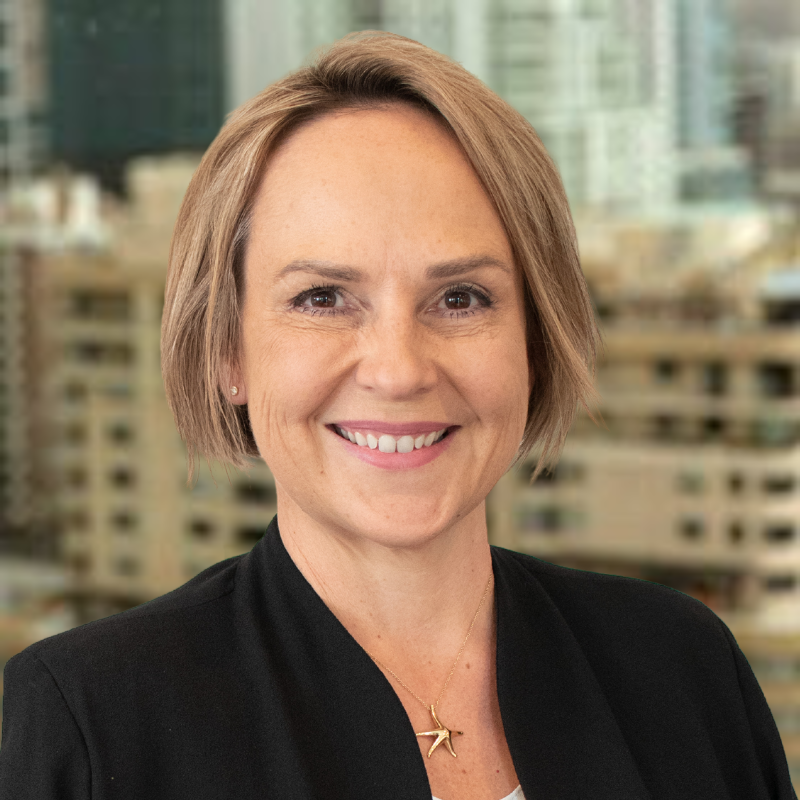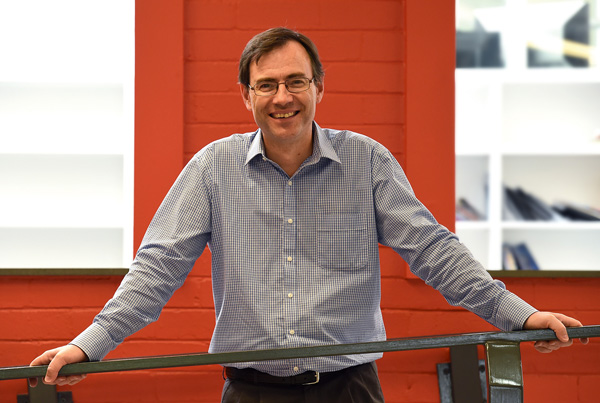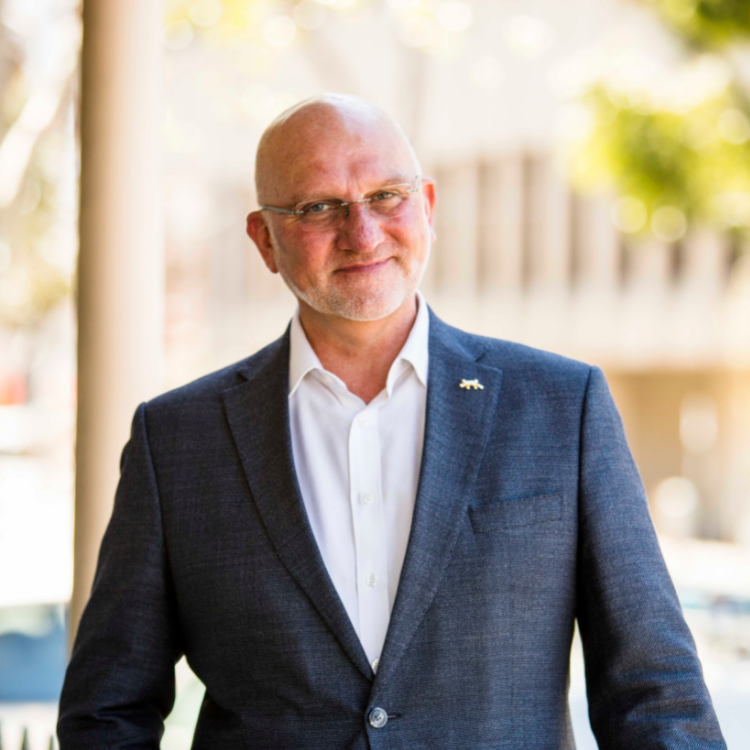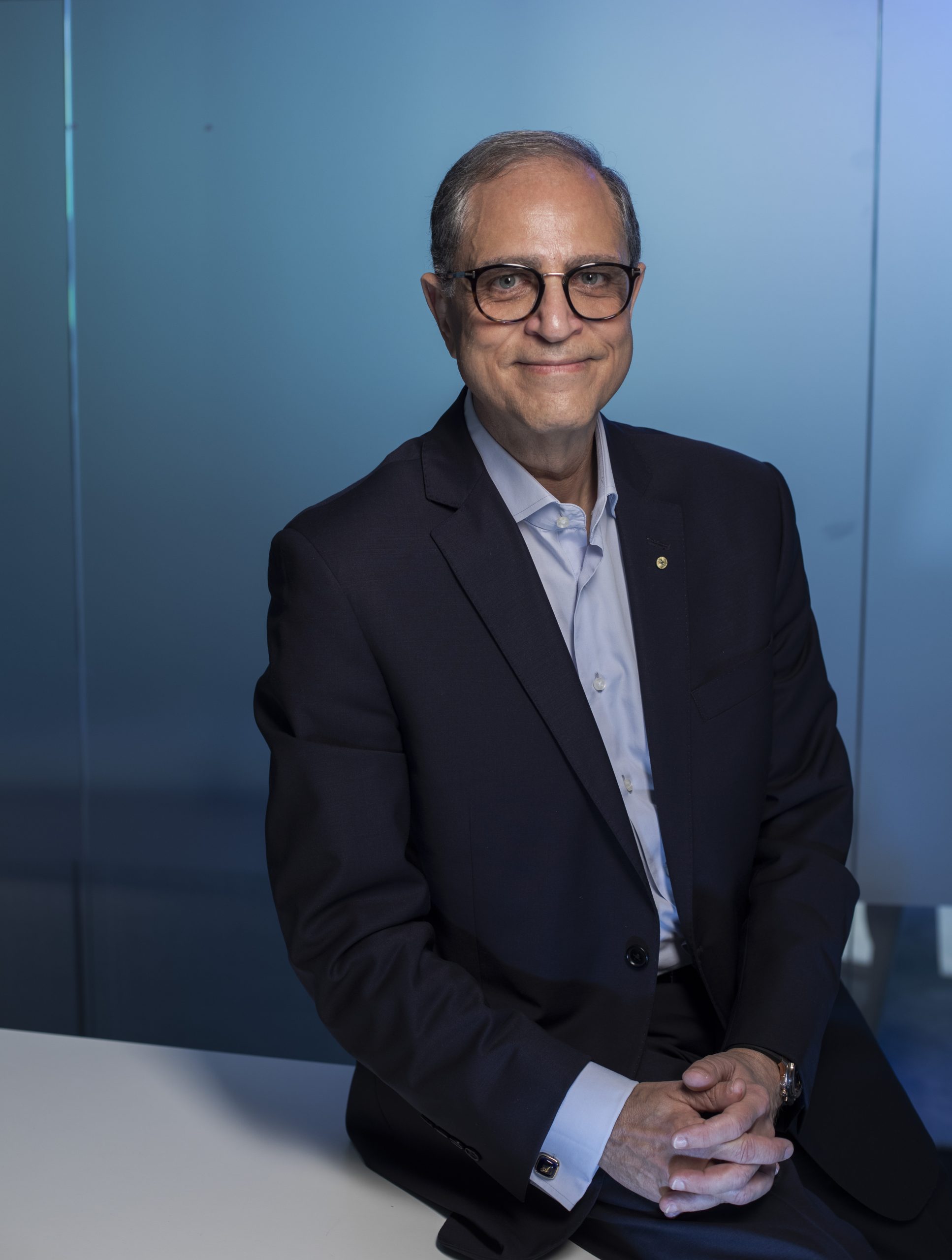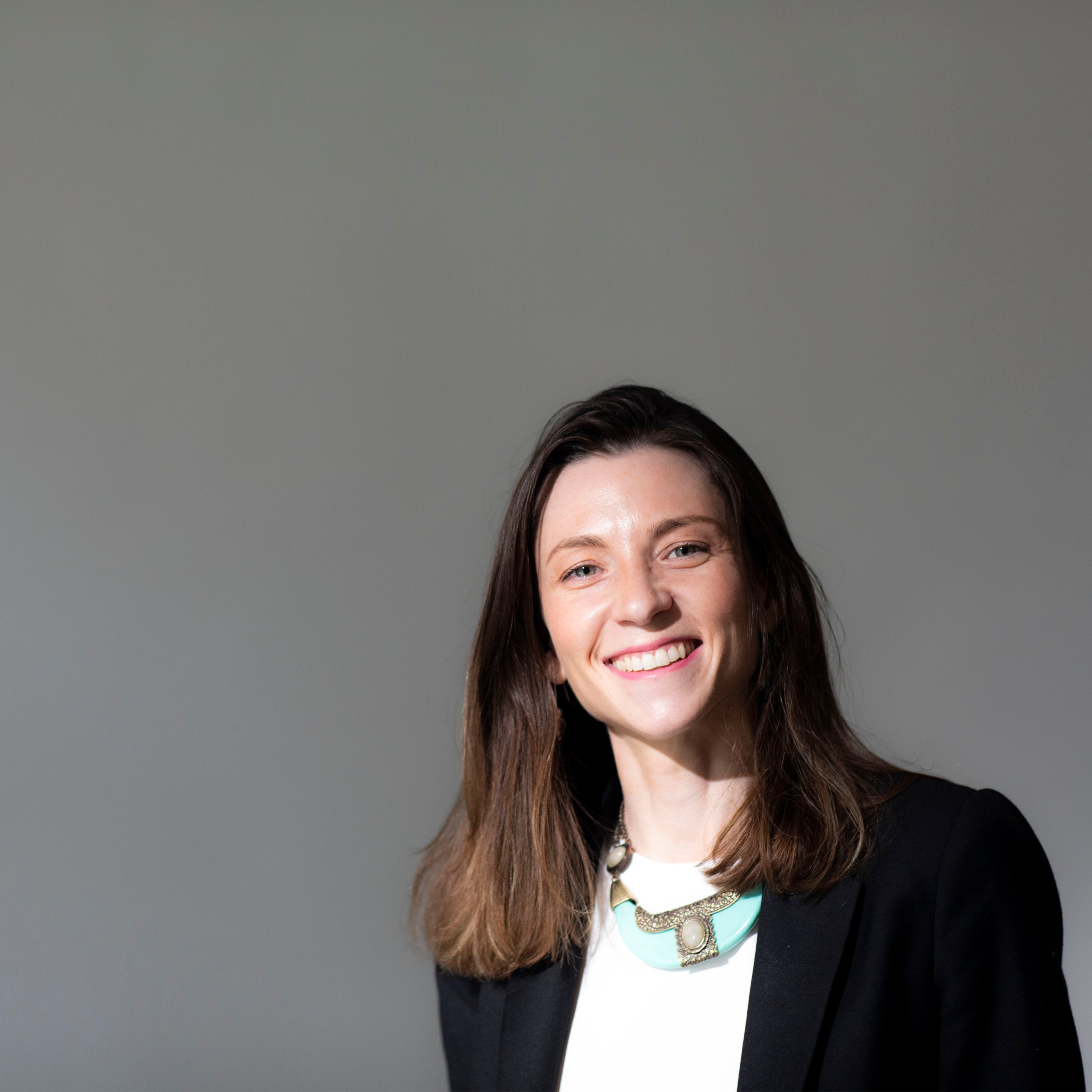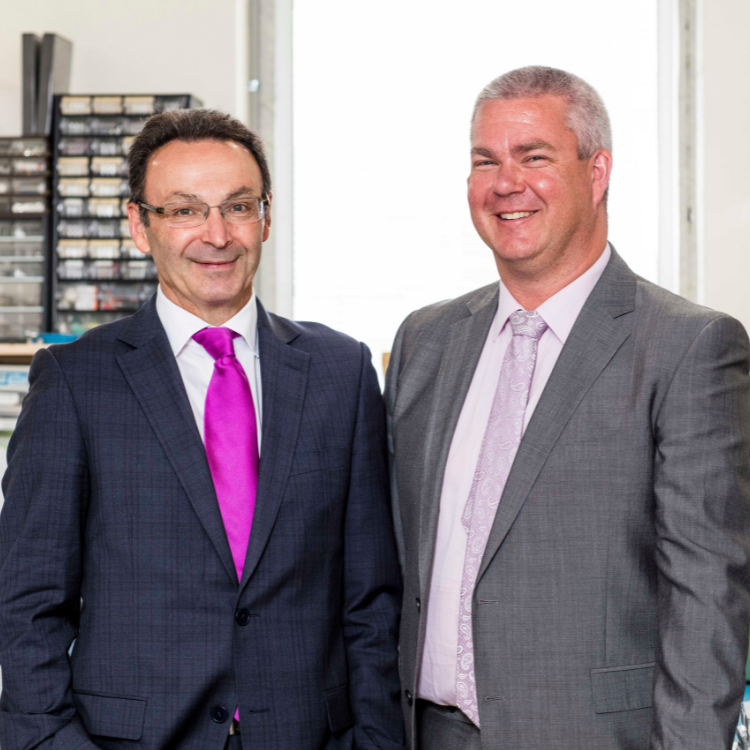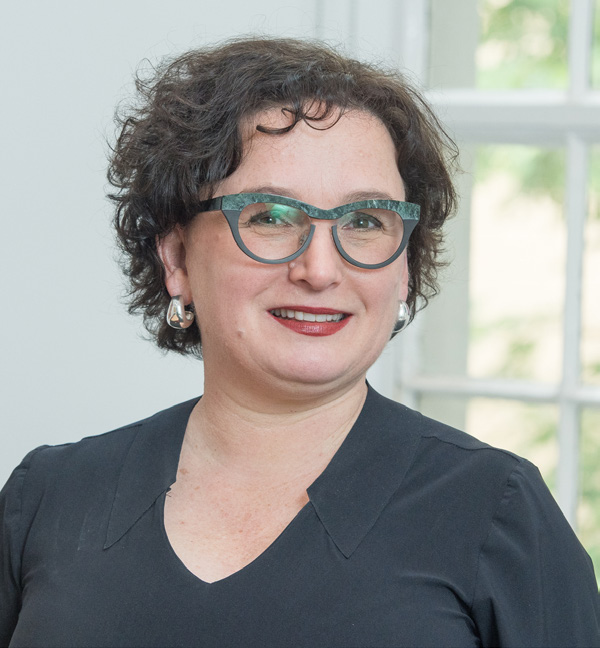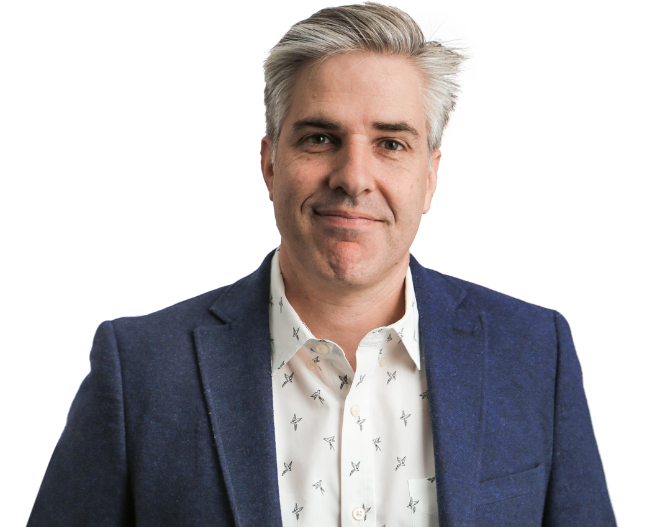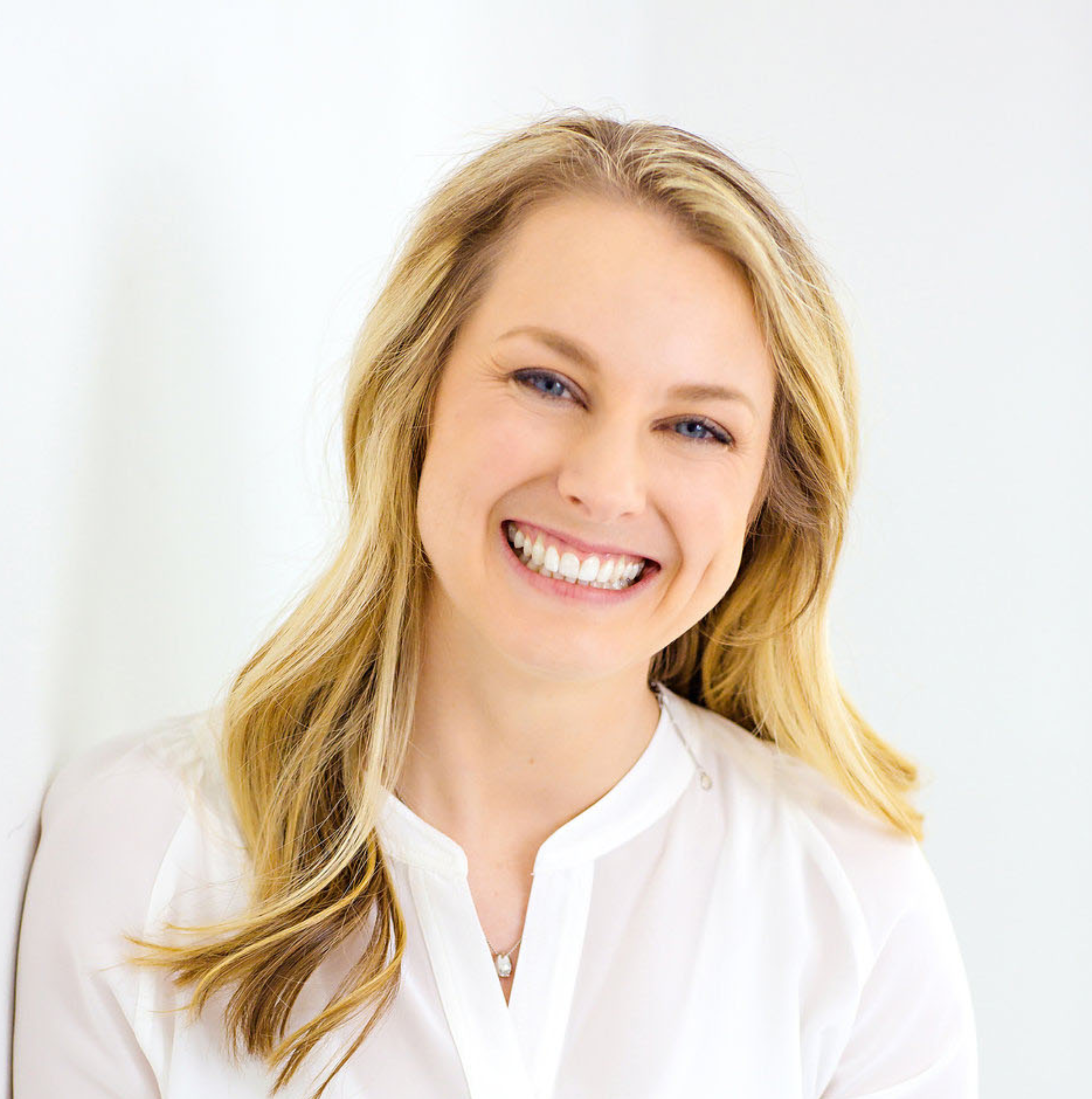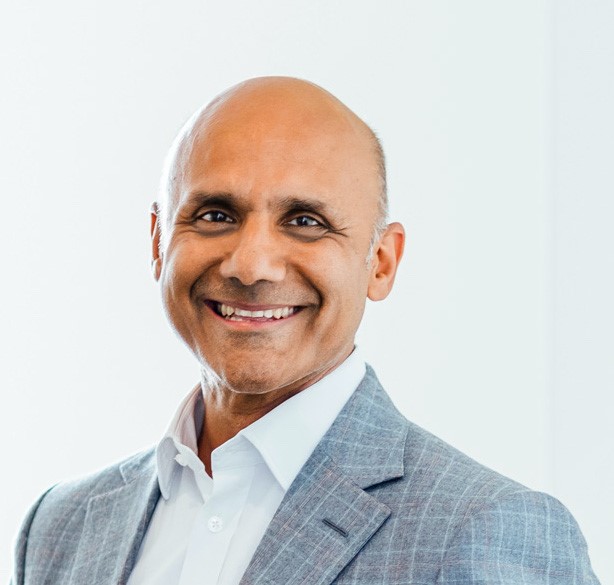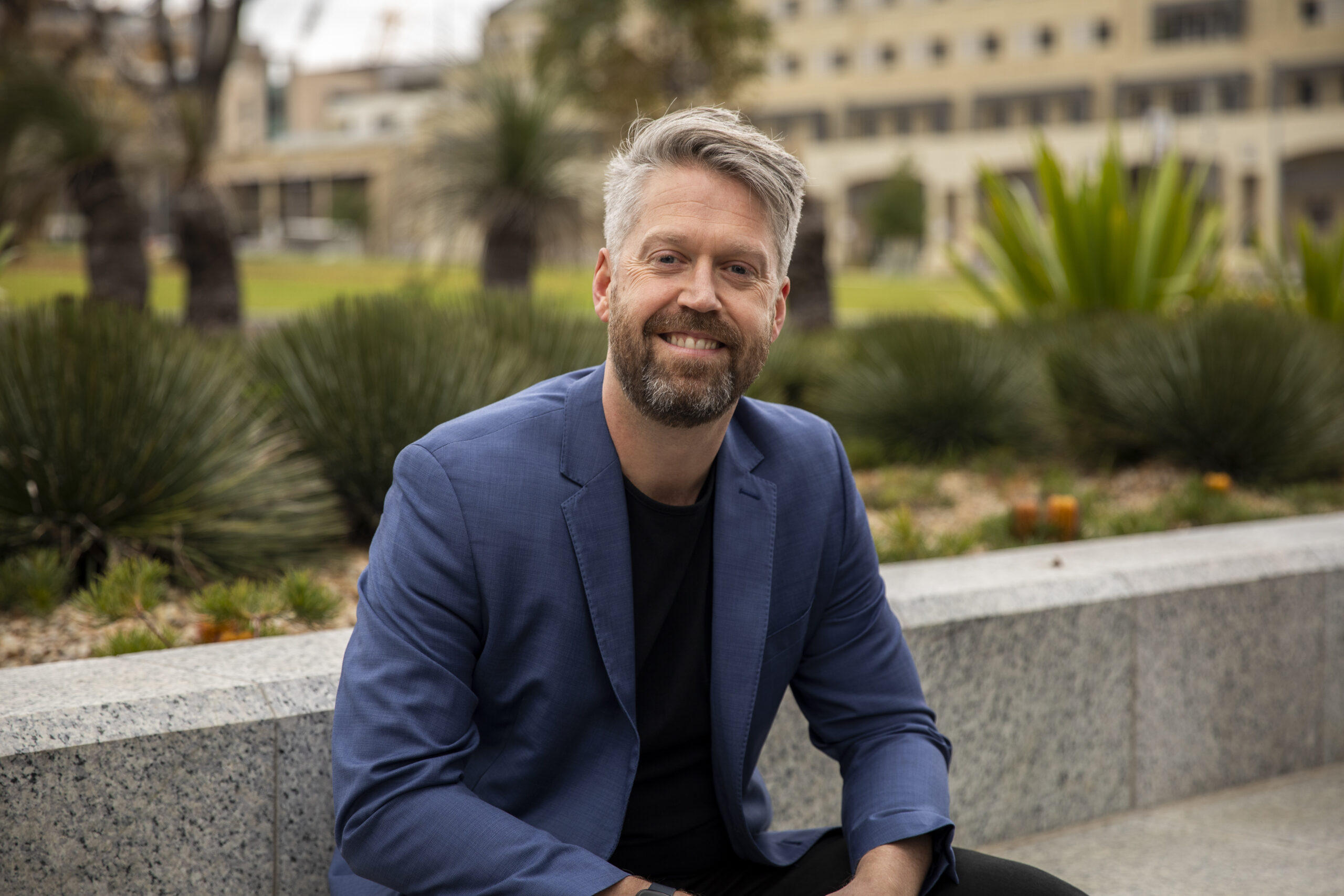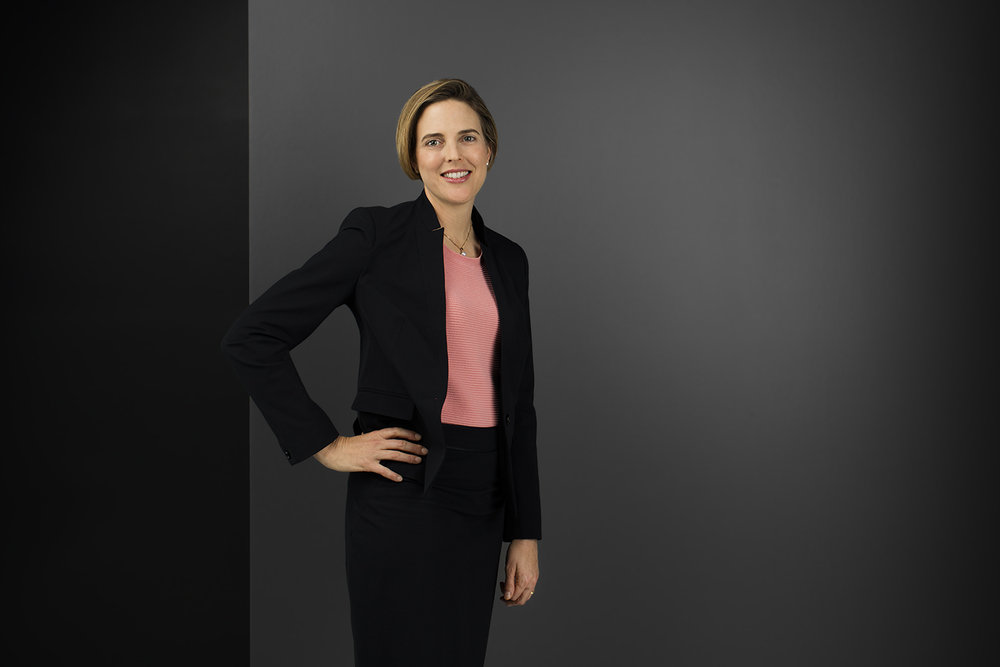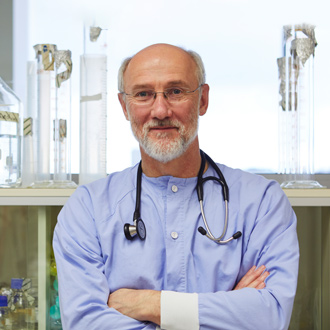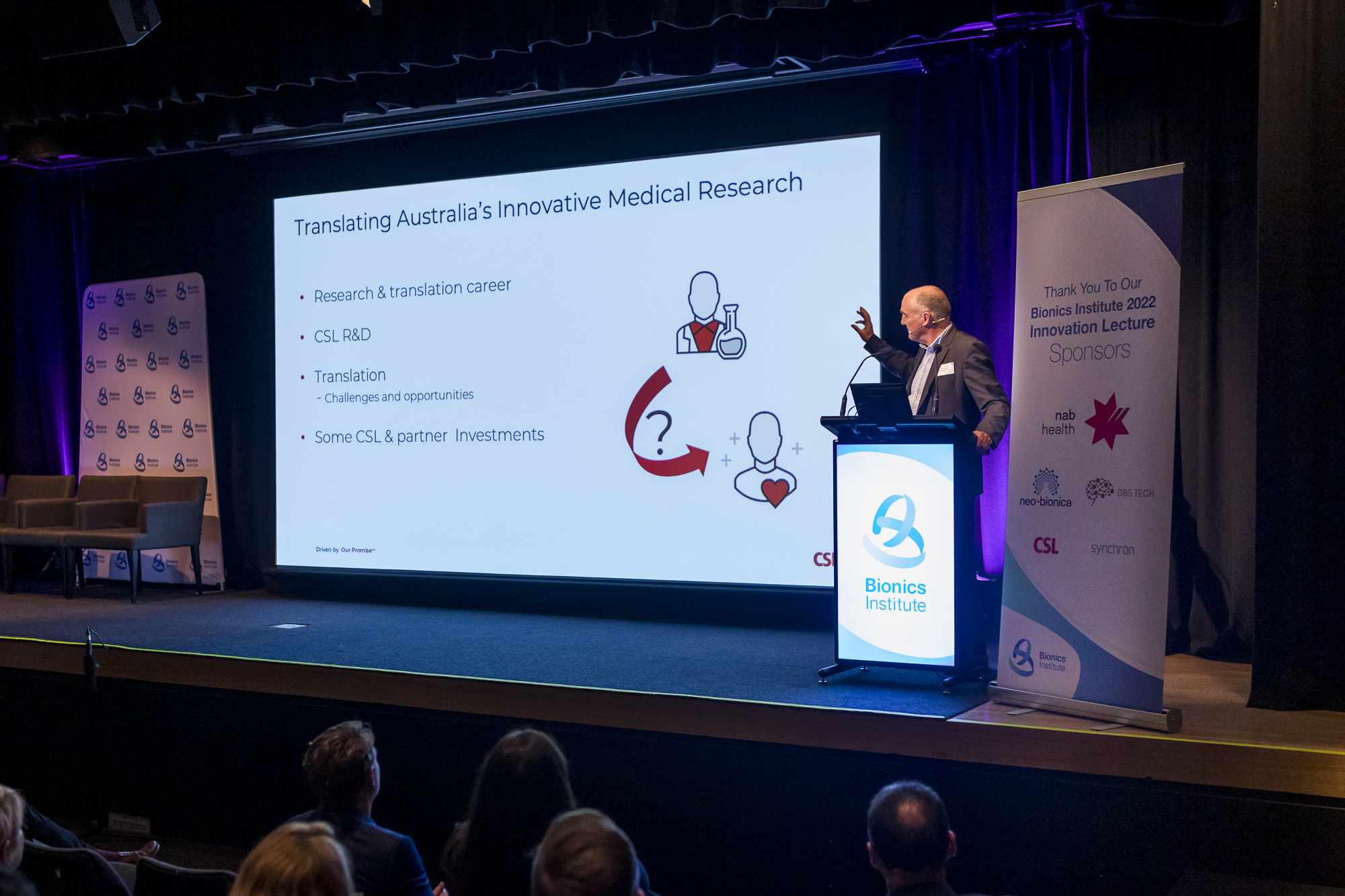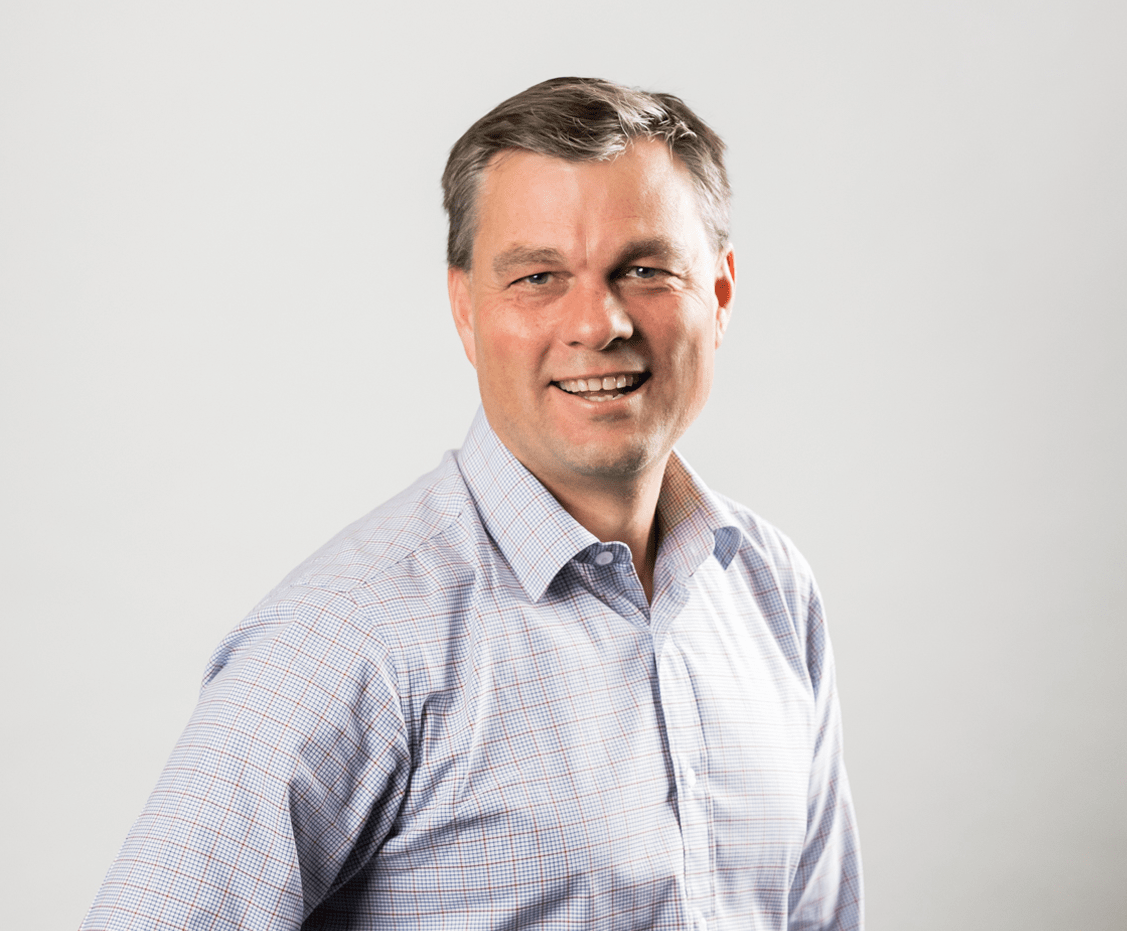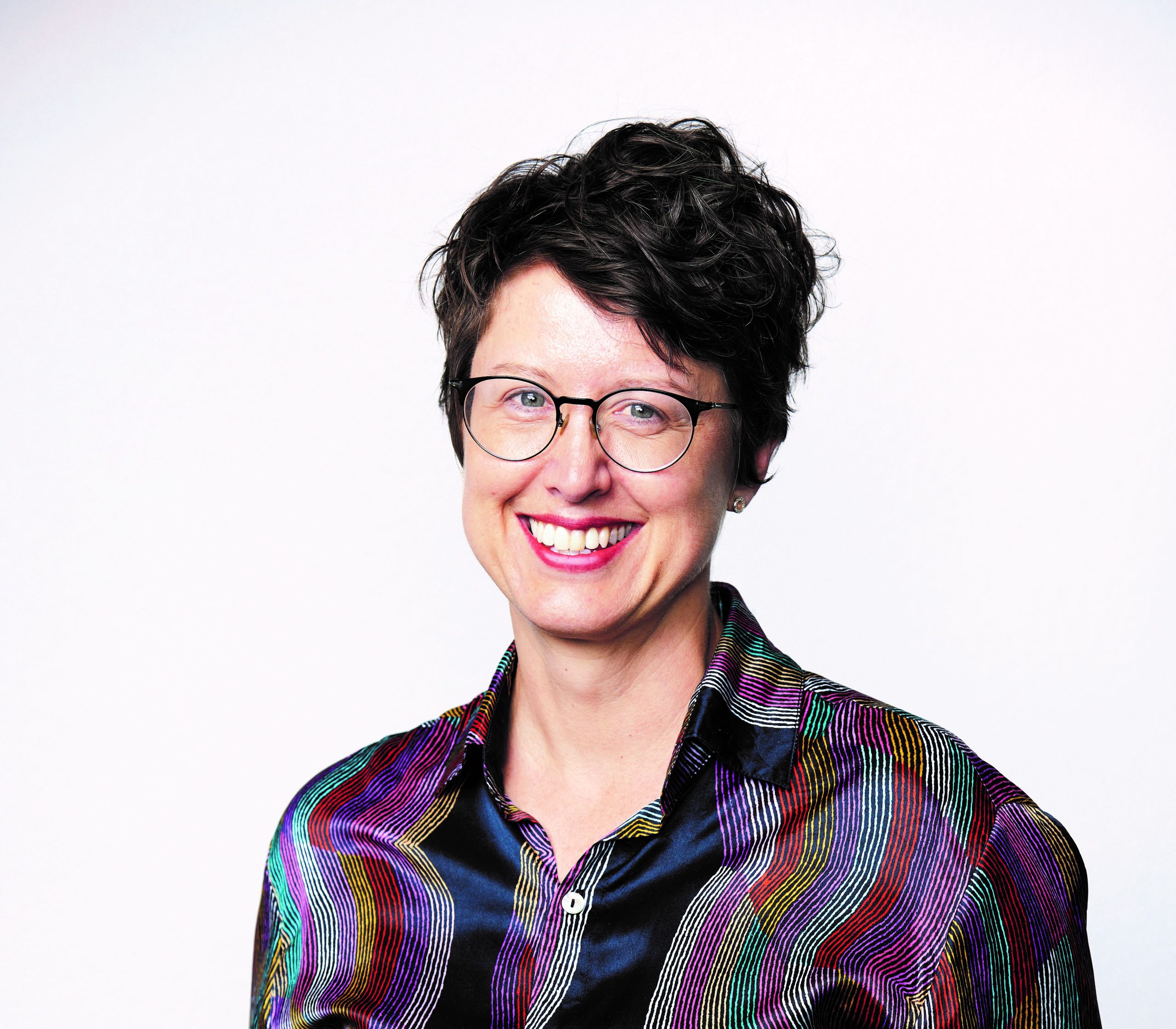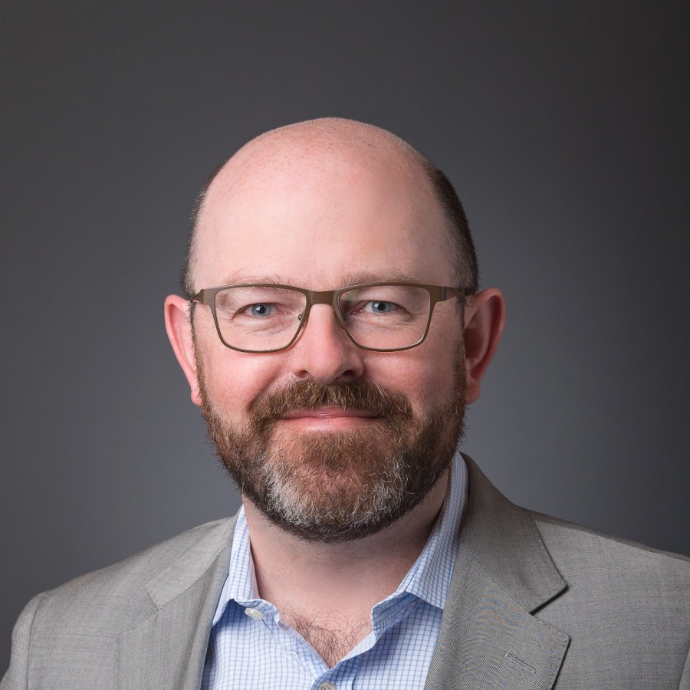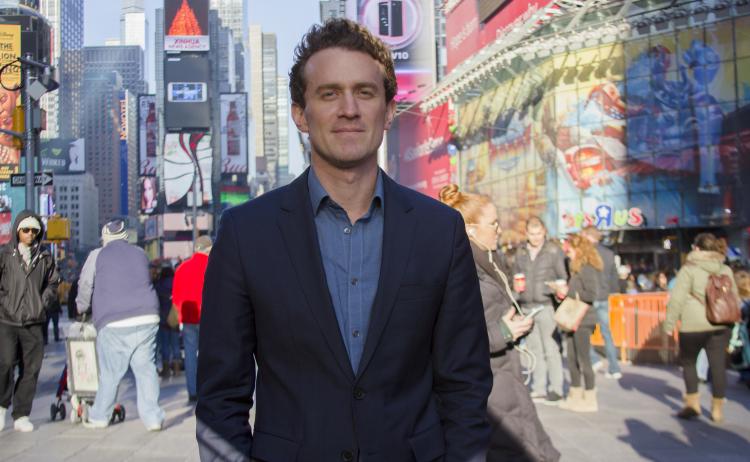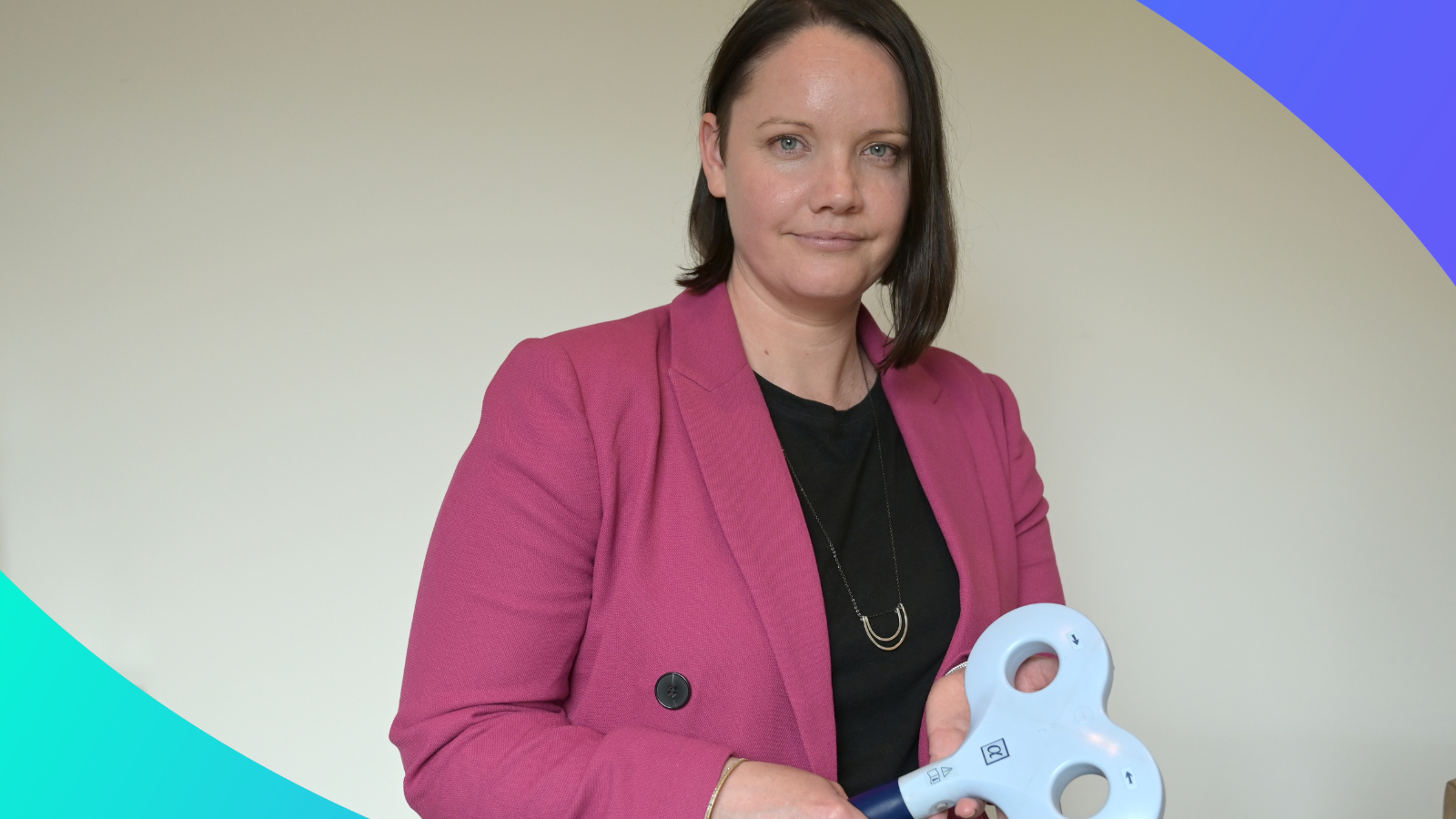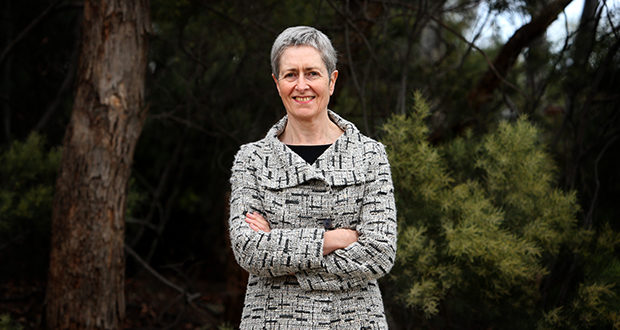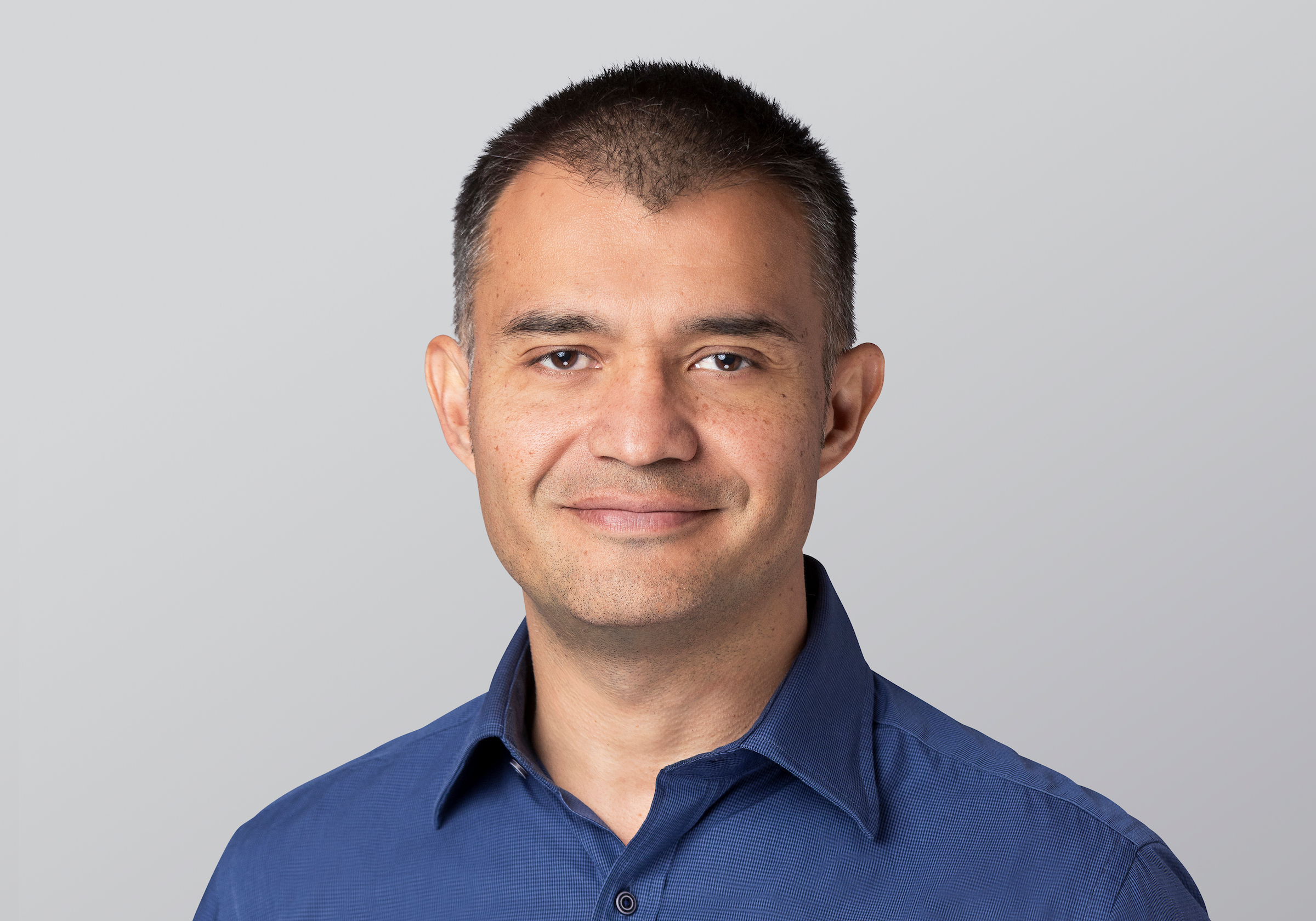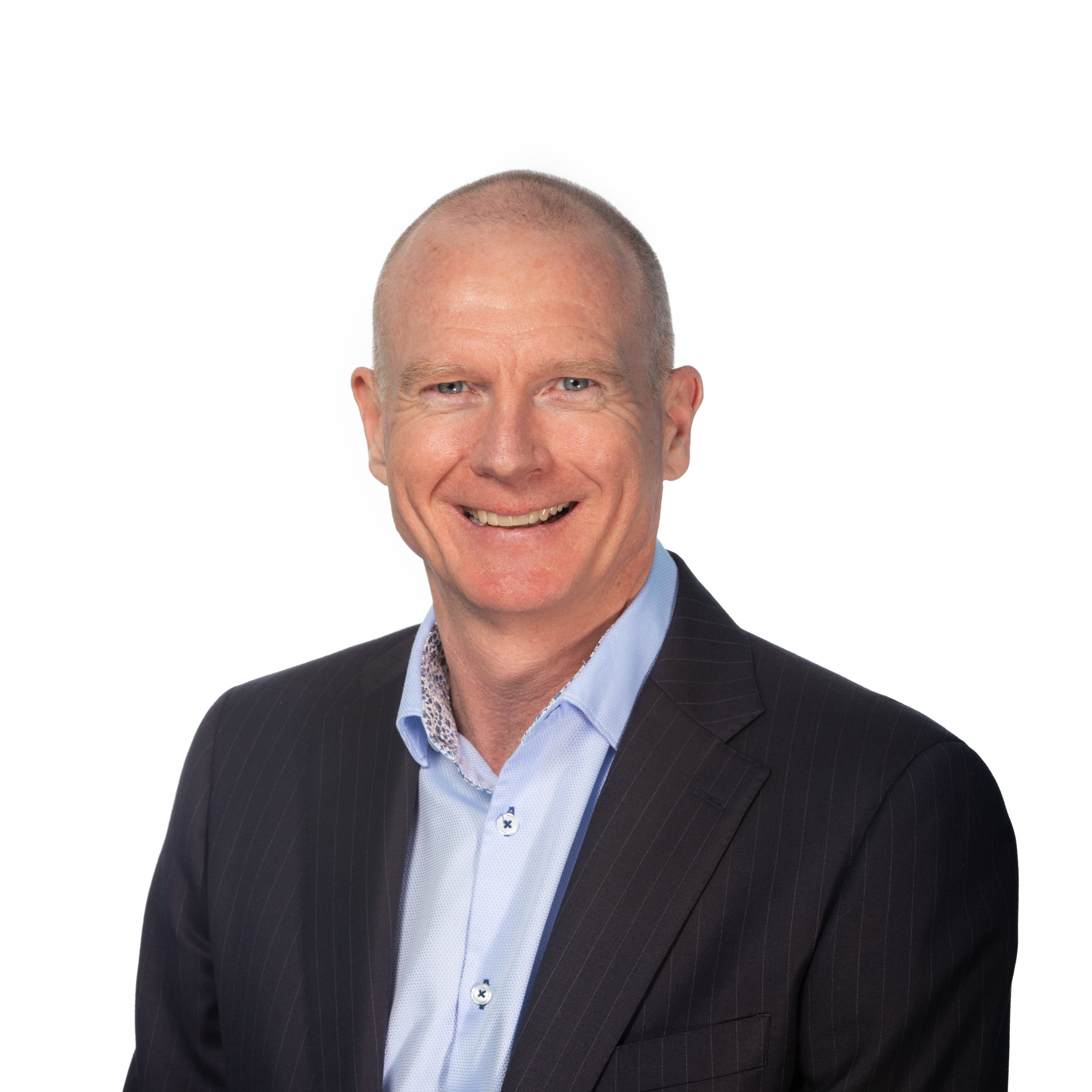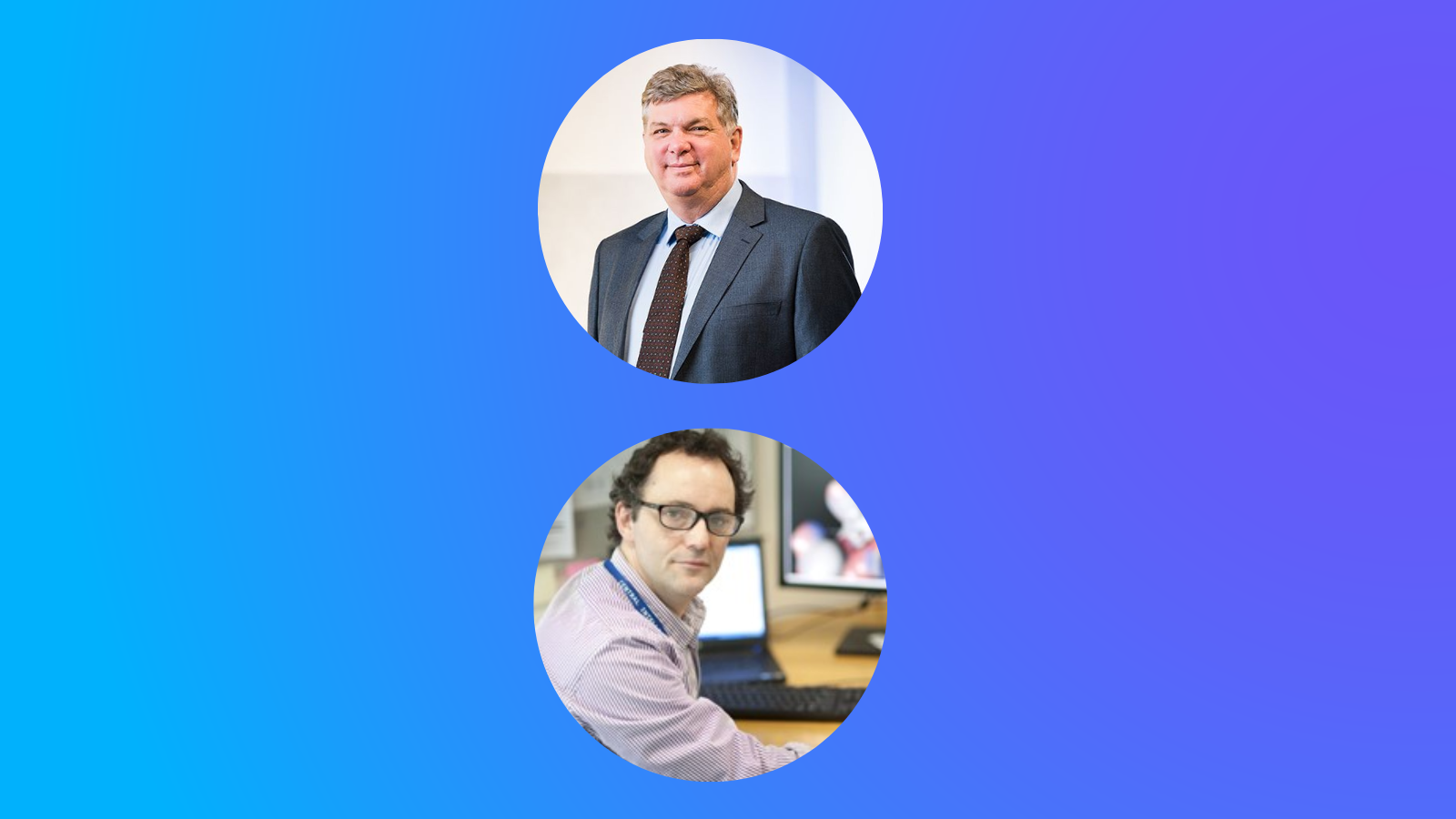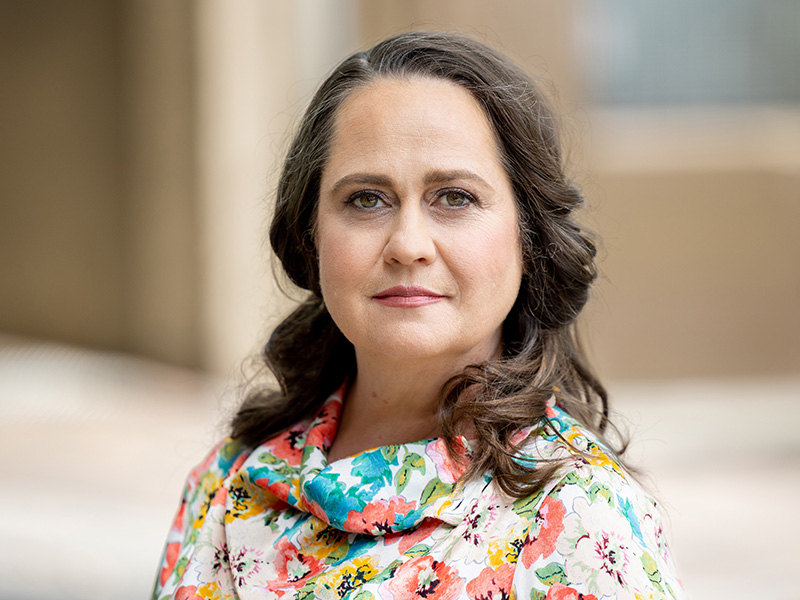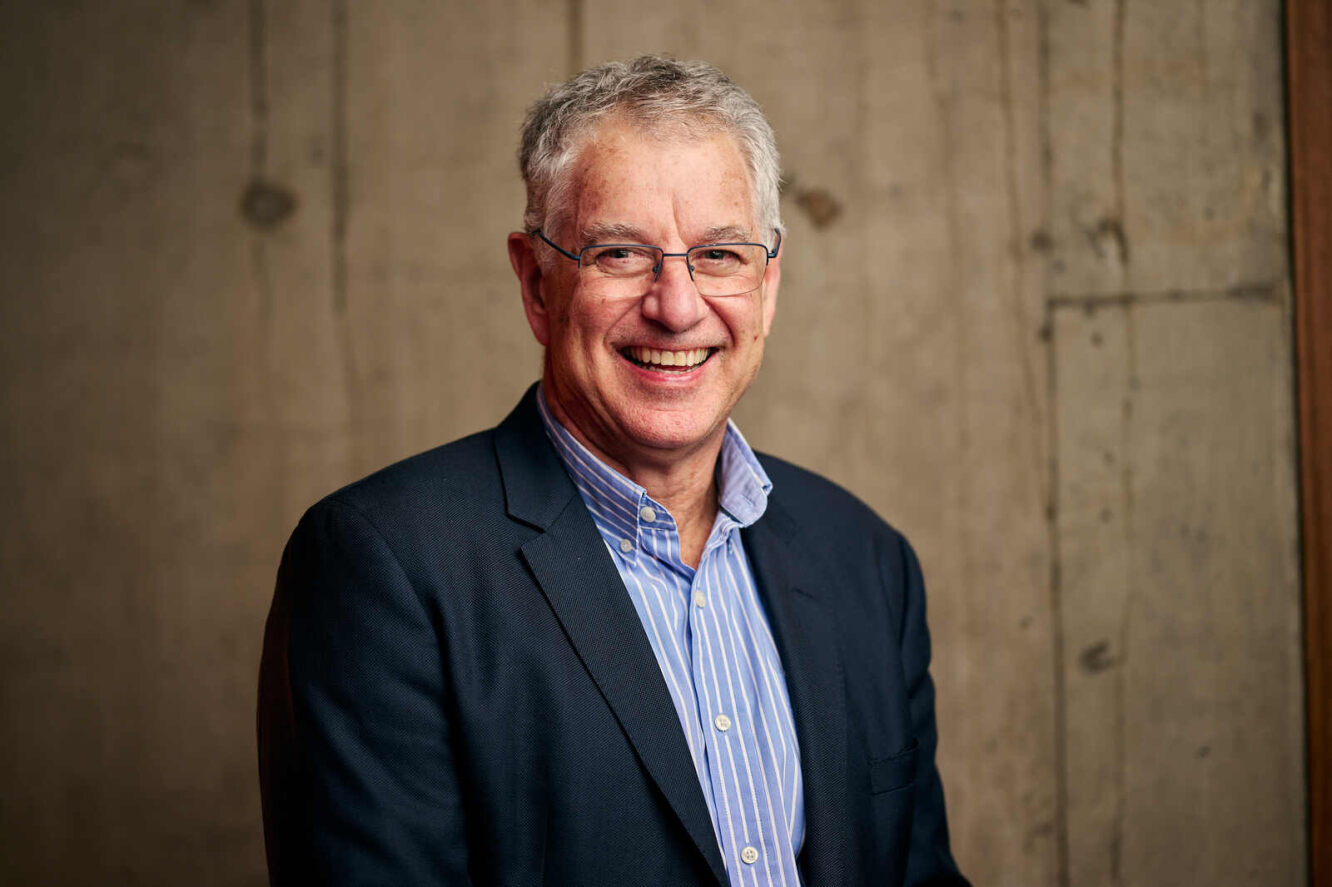Med Tech Talks
Improving Australia’s translational research outcomes with Andrew Maxwell
In this episode of Med Tech Talks, Robert Klupacs speaks with experienced med tech entrepreneur and founder of Chatsworth Associates, Andrew Maxwell, about what Australia should do to improve the translation of our research.
Andrew has a remarkable record in the international business arena, with a history of successful company launches and business growth in the biotech sector.
In this episode you will hear about:
More information:
View the Chatsworth Associates website
Andrew Maxwell [00:01:12] Thanks, Rob.
Robert Klupacs [00:01:13] It’s great to have you here.
Andrew Maxwell [00:01:14] It’s great to share a bit of time with you and talk about our history, which is quite a long history of working together.
Robert Klupacs [00:01:22] I want to begin by saying a quote of yours, because I think it’s just a great way of describing the difference between good and great companies when it comes to the commercialisation of their innovation. This is what you said: “Innovation may create opportunity, but it is only the beginning. Capability, focus and plain hard work enhance innovation to create real value”. For our listeners. Can you expand on this wonderful quote and tell them the difference in your opinion between good and great companies when it comes to commercialisation of innovation? An easy question to start.
Andrew Maxwell [00:01:59] A nice, easy one to start with. Thank you, Rob. So I think in my mind, great companies understand that innovation is hard and that commercialisation is a marathon, it’s not a sprint. They work really hard on people and culture as there’s a constant need for that energy and enthusiasm and the ability to solve problems and deal with setbacks. So, you have to have the right people on board to be able to cope with that. As an as a young growing organisation. I think the other thing that really good companies do is they know that timeframe so long and they plan well over the horizon and they define what they want to become. They build hypotheses about value points along the way and then they constantly review, revise and replan as reality catches up with them. And I suppose the other thing I would add is once they have a plan, they go for it with a real sense of urgency, because as we know in the Start-Up world, every day is one day closer to death, if you run out of cash.
Robert Klupacs [00:03:02] Thank you, Andrew. So with all that and you’ve been across a number of businesses, we won’t go into your background, but it’s not just what I read out before, it’s a lot more than that. You could have got involved in a huge number of areas, but you’ve focussed much more in biotech and more, much more recently into med tech. Why did you choose med tech to put all your great energy to?
Andrew Maxwell [00:03:22] Well, as you know, I had a career pre-med tech starting building and selling five companies in very traditional businesses. I was very fortunate to meet the Smorgon family in Melbourne and they provided an opportunity for me to start and manage their V.C. fund in the late nineties. At the time the family were providing a lot of philanthropic funds to the Melbourne University sector and in reviewing that funding, it was clear that we had something unique. We had this blossoming sector here in Melbourne that was not getting any funding, but it had the opportunity to become something amazing, which we are all seeing it evolve today. And so it was really what started me to focus on the sector. And you’ll recall the days down at Monash and Monash Institute of Reproduction and Development where we first met was really the first entree for me into seeing what the power of the biotech in the med tech sector really was in Melbourne.
Robert Klupacs [00:04:22] If we look back and think, why do I do it?
Andrew Maxwell [00:04:28] Sometimes, but generally, no. I mean, I love the opportunity to develop new technologies. I’ve been starting businesses my whole life and so particularly working with technology, you make a difference to people’s lives, I think that’s that’s an absolute joy in terms of what we do. But at the same time, making sort of a positive impact on both the quality, the efficiency and also at the cost of our health care system, all issues that, you know, as a society we need to grapple with. As you know, the cost of health care grows and grows as a share of GDP.
Robert Klupacs [00:05:04] So you may have just answered this, but I’ll ask the question in a slightly different way. So today, you are the founder Chatsworth and you are slated to plan and execute over 200 million in equity and debt financing in the near future. What led you specifically to the founding a boutique advisory firm, Chatsworth, and what’s the mission of Chatsworth?
Andrew Maxwell [00:05:23] I think that’s an interesting one. So, I started Chatsworth really to get back into my own business. I’d spent a wonderful seven or eight years with the Smorgon family, but that was that was not my own business. It was someone else’s equity. And so I actually started in the front room of my home in Chatsworth Road with two other people, and that’s why it’s called Chatsworth Associates. But really the mission that we set out for was to help entrepreneurs in the clinical science technology areas, to really help them to be able to deliver on their dream, their technology dream. And, you know, I think we’ve been living that mission ever since. We’ve partnered with an enormous number of amazing founders and help them to see the pathway to take what innovation is through the process of going from the research bench to the market.
Robert Klupacs [00:06:22] Yeah, and I’ve personally been very fortunate to be associated with you on a couple of those. Looking back at your career to date, what would you say have been your personal career highlights?
Andrew Maxwell [00:06:34] That’s a tricky one. You know, I think, you know, certainly seeing the development of the Parkinson’s Kinetigraph was a fantastic experience. You know, the development of that business from really what was an idea and some interesting gadgets that were held on someone’s wrist by a tennis sweatband through to the product being used in, you know, multiple hospitals in multiple countries around the world and being called up by Apple at one stage and asked to come in to discuss whether or not they could license the technology. You know, there were a whole lot of things about that experience that were, you know, fantastic personally, but also fantastic learning experiences to understand the power of what were able to do. So that would be one of them. I think another one that I would say is, you know, founding TMS clinics. That was a great opportunity to work with Paul Fitzgerald, who is, you know, a fantastic clinician and innovator, and to see that business grow and develop as it has to providing transcranial magnetic stimulation for depression around the country now is just a fantastic thing to say.
Robert Klupacs [00:07:59] I’m sure there’s a few more to come. So, at the moment, your chair that I’m aware of, at least you’re chair of to med tech companies. I wouldn’t call them start-ups, I think they’re a bit further them both developing revolutionary technology, one’s Hemideina, the other is Cyban. Then can you for our listeners, can explain and touch on what these companies are doing and what got you excited by the respective projects.
Andrew Maxwell [00:08:24] Yeah so Hemideina to start with so Hemideina is taking at the concept of the way the hearing system of an insect in New Zealand works and looking to mimic that for the human hearing system particularly for cochlear implant. And so, what we’re looking to do is sort of revolutionise, I suppose, the hearing performance for people who wear cochlear implants and change the nature of the way they can sort of live a full life full of sound. So that’s Hemideina. What attracted to me in Hemideina in the first place was Liz and Kate, the two founders of that organisation, were they have something special, they’ve got a vision, they had a vision from very early days. They had an idea. It was an audacious idea to think that they would take this concept and be able to take on, you know, the biggest players in the world in the cochlear implant industry. And, you know, whilst we’ve, you know, had our challenges as we’ve navigated that start-up phase, you know, I think we’re starting to put some really interesting technology together that has the opportunity to really make a massive difference for people in their lives and to maybe change the nature of the way that cochlear implant industry exists as it is today.
Robert Klupacs [00:09:48] And Cyban?
Andrew Maxwell [00:09:50] Cyban’s a slightly different technology. Cyban is founded by Barry Dixon, a clinician at the intensive care unit at some Vincent’s Hospital here in Melbourne. Barry is a fantastic entrepreneur and clinician who had a dream that he wanted to understand being able to measure venous blood flow. And so effectively that’s what our technology does. It revolutionises the way NIRS, near-infrared spectrum light is used in a proprietary sensor to be able to record intracranial pressure, blood, oxygen levels and perfusion noninvasively continuously in the brain.
Robert Klupacs [00:10:33] I know a little bit about both companies, and we’ve had Liz and Kate on this podcast before and when we first came across it four of the years ago, people said it wasn’t going to work, was crazy. Watching the journey, I know you’ve been there the whole time. It’s been, quite amazing to see what’s happened. So, we’re all watching with great interest to see where it finally lands. And I don’t know much about Cyban, but if you are involved, I imagine it’s going to be on the path to success as well.
Andrew Maxwell [00:10:56] Well, I think in both cases, we’ve tried to focus on what is the value proposition that we’re trying to bring and then trying to understand what is the technology that will unlock the ability to deliver that value proposition. And then what’s the proof that we need to apply to that to help people to believe that they should continue to back us on the journey? And, you know, Hemideina has got a much longer process of going from the benchtop to the marketplace. Whereas Cyban will be much quicker. You know, Cyban will probably be in market on March 2024 for an FDA cleared product, whereas Hemideina could be quite a few more years yet.
Robert Klupacs [00:11:37] That leads me really nicely the question that I’ve got. We’ve written down that many start-up companies initially get early runs on the board, but end up languishing in the Valley of death or things go wrong and never truly make it right. What can we do in the med tech ecosystem to turn this valley of death into a cradle of life where we see innovation from a lab bench commercialised into a product that makes a real difference to people’s lives and in particular, as you and I have discussed this before. Can you comment on the two things that seem to be common, which is not understanding and doing the market research at the beginning, and then also the lack of understanding of who’s going to buy your product and who’s going to pay for it?
Andrew Maxwell [00:12:17] Yeah, look, I think these are really, really important points. So I’ve spent the last 20 something years or 25 years tackling this problem. And I think it boils down to a very simple thing, which is just focus on market pull. You’ve got to have a real and well defined clinical need rather than a technology push to be successful in what we do. And you’ve got to remember that every day when you’re developing a product and unfortunately, I still see people who come to me with very neat and nifty technology and in Australia we were fantastic at building technology, like in terms of managing technical risk in Australia, we’re excellent at building products and making them work. What we’re not so good at is managing market risk. Who is the customer, why are they going to buy it, and then who’s going to pay for it? And so what I like to get people to focus on at the earliest stage of the development of an organisation is to start making some hypotheses about what would be the evidence that would convince a clinician to change their behaviour at the clinic, if we were to use the technology. Now often this is just hypotheses. In the early days we look at those hypotheses and we look at what evidence needs to be collected. And when we think about developing our product development plans to be able to deliver that evidence at the earliest stage, because that starts to give people confidence about whether or not this product will work and will be adopted. And then the other thing we focus on at the very earliest stage is, if we can prove that, that we can collect that evidence and it will make a clinical difference, then who benefits from that clinical difference? How do you define that clinical difference in a in an economic sense? And so therefore, how do you find a pathway to payment?
Robert Klupacs [00:14:07] And when you do that analysis, I mean, everyone seems to focus on the doctor. What doea a doctor want? Have you got involved in going down to the next level in actually talking to a patient about what they want out of a therapy or an innovation?
Andrew Maxwell [00:14:20] Well, we certainly talk to patients, we talk to doctors. It really depends on what the application is that that that you are looking to commercialise because sometimes patients may not actually have any say in the procedure that they receive. But I think in essence, I’m a great believer in the jobs to be done framework, which is not to be thinking about commercialising is it going to go to a clinician, is it going to go to a nurse, is it going to go to a patient? But actually looking at what’s the job to be done and starting to think about how you create value for the person that’s trying to get that job done and you describe it in those terms. And so we’ve done a lot of work, particularly at site and with looking at what are the needs of people in ICU and operating theatres in terms of measuring oxygen in the brain. And you know, clearly what they, what clinicians, the job that they’re trying to get done and they’re frustrated with because there’s nothing out there today that can do it in a non-invasive easy to use way is to be able to identify where at the risk of there being a problem, so a problem evolving. And then how do they react once that problem so identified, how did they react with their treatment and change their treatment based on what’s happening within the brain? And those are two fundamental aspects of the value proposition for solving that way, of focusing on delivering evidence to show clinicians that he’s a tool for them that will help service those needs.
Robert Klupacs [00:15:59] Australia, despite having a hugely successful research and development sector, particularly the early stage, ranks 25th amongst 132 economies in the Global Innovation Index. And that’s pretty good, but only in the sixties for translation. You sort of touched on it before, but what does Australia and Australians need to do to improve that translation of early stage to something that’s going to have a meaningful impact and also an economic benefit?
Andrew Maxwell [00:16:25] That’s a very complex problem and people have been trying to solve this since we first met many years ago. I think it’s multi-factorial. I think the first thing is, as I just stated, people need at the very earliest stage to really focus on what’s the clinical outcome that you’re trying to achieve and is it relevant enough for a clinician to change behaviour at the bedside. The other is finding a path to payment and doing that at the earliest stage. I think you’ve then got to look at Australia in the context of a global marketplace and say to yourself, it’s very hard for us to have an industry full of experienced sales, marketing and distribution executives helping start-ups to grow when our market is actually relatively small and much of the work that goes into value dossiers and market access actually happens somewhere else and is often imported into Australia. So I think that’s an issue. The other thing that I think is an issue is and it’s something I’m quite passionate about for Victoria and Melbourne is we lap those $5 to $10 billion companies that are anchoring Melbourne and the innovation ecosystem that we have that are creating the people that have the experience of how to grow a business, develop a business, sell a product, sell multiple products, and then they spin out and go into a start up. And the whole of the innovation system grows up around these companies. And you know, whilst we have CSL in Melbourne, we have a number of very successful companies here, we have very successful companies in Sydney. We need more of them to create the San Diego or the Boston or the San Francisco to enable our ecosystem to develop, to have the skills and experience that we need. And the other point that I would make is that as a state and as a as a city, that we are with the opportunity that we have to bring four or five of the largest medical device companies to Melbourne and have them base an R&D centre here in Melbourne is extremely important. As a next step, we really need to think about how we’re going to do that because there’s about eight or ten med device companies in the world that distribute, I think more than 70% of all medical technologies and they understand marketing, they understand distribution, they understand sales, they understand manufacturing at scale. And so we have to find ways to get our innovators connected with those people wherever we can and hooked into that global marketplace, because that’s how we’re going to get the exchange of knowledge. That’s how we’re going to get things moving into a global pipeline of sales and sales channels.
Robert Klupacs [00:19:20] I mean, I think you the first person I’ve said that on the podcast, but how do we go about it? Is this a role for private industry? Is this a role for our superannuation industry to make it available to them, or is it a role for government or a combination of all three?
Andrew Maxwell [00:19:33] Well, I think what needs to happen is everyone needs to be working together. I mean, there’s a role for government certainly in in ensuring that it’s an attractive offer, but there needs to be a well thought through plan to enable government to be able to do that. There’s a role for superannuation in funding companies, but the companies need to do the work first to be able to get themselves to a point where they can accept the capital and provide returns to investors to make it worthwhile for those investors who can be investing in the sector. So it’s a little bit chicken and egg. I think over the last 20 years, the governments, both federal and state governments and the and the university sector, they’ve all done a fantastic job of feeding the pipeline now. You know, in Australia we’re incredibly lucky that we have the opportunity from multiple grants. There’s multiple programs to help people get innovation out of university on its way. What we’re missing today is that next step, which is to take that innovation from its product development stage, to assist it through that next growth step, which is then early sales and moving into marketing into international markets.
Robert Klupacs [00:20:46] Yeah, just one last question before I come to the end. One of the key themes of this podcast is the power of mentorship. And you mentioned before about how we can grow by linking people with experience. Can you touch on and I’m really interested in this because I’ve known you a long time and I’d love to find out actually, could you touch on who your mentors have been and what some of their great advice to you has been? And then also I’ve seen you mentor others. What do you tell your mentees?
Andrew Maxwell [00:21:14] MM So I was thinking about this question before coming in. I suppose I’d say three notable mentors. I think one of them, well, two of them actually. My parents were very successful business people in their own right, very entrepreneurial, and they helped me from a very early age. So I used to serve in our menswear stores from the age of sort of five or six, but they helped me to understand at a very early stage about what customer services, about what risk is and how do you think about risk and how do you take risk and how do you how do you actually manage risk? So I think I think I’d probably give them a really big tick for doing a good job in igniting my passion for business, but also getting me started and thinking about issues of building a business. And how do you do that? There’s a chap called Mike Bromley who used to own a company called Bromley in Manton in Papua New Guinea in the highlands of New Guinea, which he then used to purchase 33% of steam ships. And he was an incredible entrepreneur and, you know, I think he taught me to have his best advice was to have audacious goals. I mean, he built an empire from a series of trade stores around the highlands of New Guinea and so have audacious goals. And once you’ve decided on those audacious goals, don’t let anything get in your way. You just keep going straight at them and you get there. And then a more nuanced mentor and a great friend, Leon Gorr, who’s a very well known lawyer in Melbourne. Leon’s been a great friend and a great mentor for long time and I think he’s really helped me understand the art and the science of negotiation and influence. You know, he’s he talks about being in negotiations, like being in a dance. You’ve sort of got to you get into the rhythm of it and understand when the dance is going to stop, when it’s going to build up, when it’s, you know, how it’s going to flow. And to be successful, you need to get yourself into that flow and understand where you are in the flow and understand where the other parties are in that flow and so a little bit esoteric that last one, but I certainly think he’s been a wonderful mentor to me over a long period of time.
Robert Klupacs [00:23:37] And what do you tell all those young people who I know are ringing you every second for advice? What do you what do you say to them?
Andrew Maxwell [00:23:45] Look, I think nowadays I say to them, You want to be sure that you want to do this right? You want to be absolutely sure you want to do this because you’re about to spend the next minimum of ten years of your life to take something from the bench to the marketplace. It’s going to be really hard. It’s not necessarily going to be successful. So you want to be totally committed and the people around you want to be totally committed to it. And if you are, then there’s an opportunity to do it in Australia.
Robert Klupacs [00:24:20] Fantastic advice. I don’t think people realise sometimes how hard it is, but fortunately because you have people like you, they can hold their hand and I guarantee you success. But you’ve been there, you’ve got war stories. We’ve reached the end of the podcast today. Thank you so much for giving us your time, sharing your insights and for your wisdom. And I know there’s many of the people in the tech industry. You’ve been asking me for a long time to get you on. So I wanted to hear what you had to say to our listeners. I hope you enjoyed listening and I look forward to introducing you to our guests in future podcasts. There are links to everything we talked about in the show notes and we look forward to welcoming you next time.
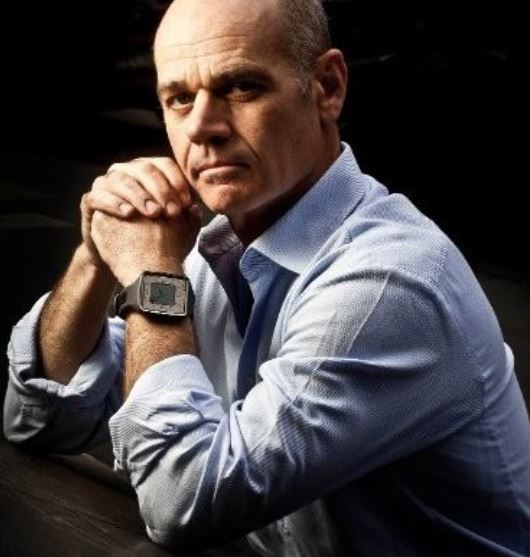
Andrew Maxwell, founder of Chatsworth Associates.
Listen to other episodes of Med Tech Talks here

